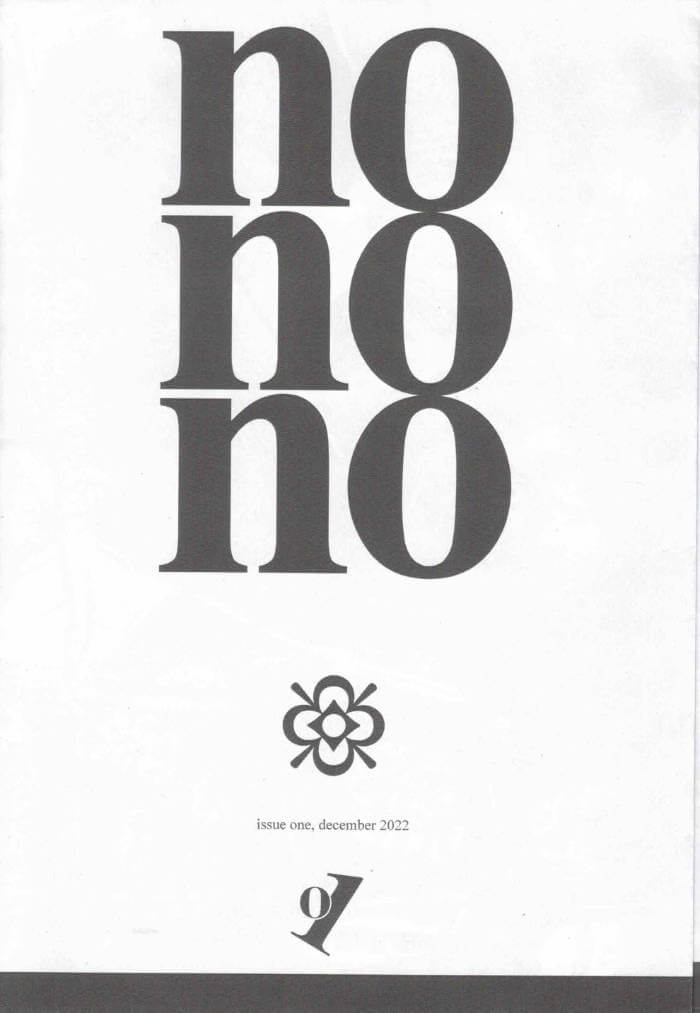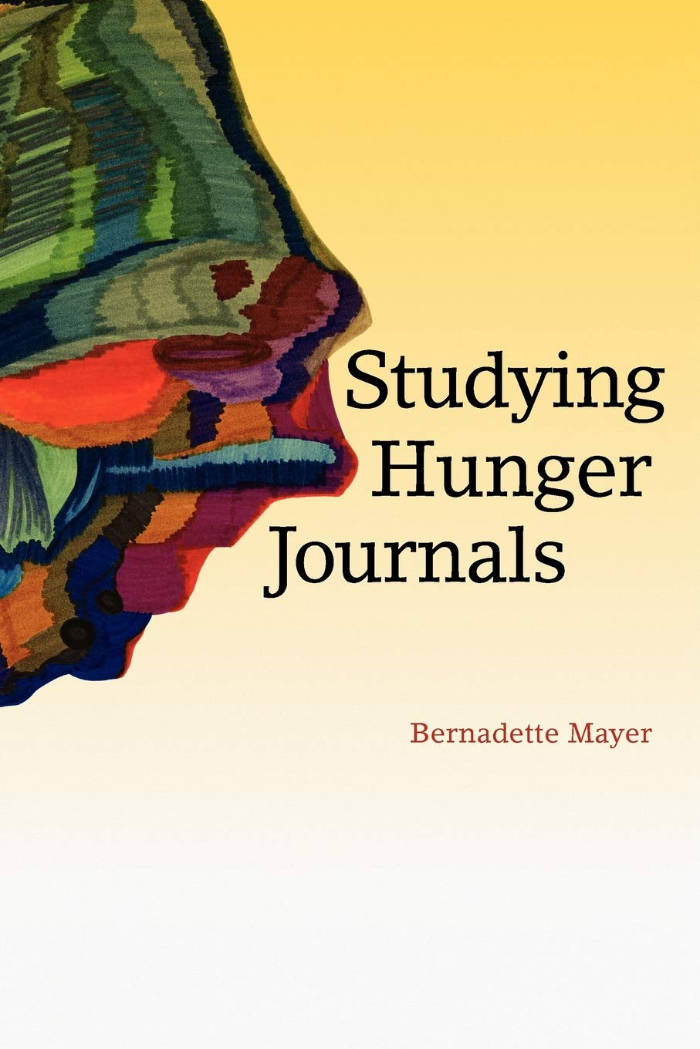
nmp.16 - Certainly (certainly)
Rachel Schenberg, Jordi Infeld
This book emerged out of a collaborative writing project that began in 2020 in response to The 3:15 Experiment. The ‘experiment’ involved a group of poets who, every August, would write nightly at 3:15am from wherever they were. It began in 1993 with six poets (Bernadette Mayer, Danika Dinsmore, Jen Hofer, Kathleen Large, Lee Ann Brown, and Myshel Prasad) at the Jack Kerouac School of Disembodied Poetics (Naropa University, Colorado), then continued every August for 22 years, with the group growing to over 25 poets, participating from various time-zones. Four of the initial poets—Mayer, Dinsmore, Hofer, and Brown—compiled The 3:15 Experiment (Owl Press, 2001), a selection of their middle-of-the-night writings between 1993-2000.
This edition builds further on this practice.
"We started thinking about a reading and writing practice that is shared but still divisible, divisible but not subtractable. The structures created by synchronicity, repetition, and temporal constraint felt generative. We found that these structures produced the conditions for another logic to emerge, a night-time logic. This night-time logic gestured to a different kind of self perhaps, a self somewhere between a waking-I and a sleeping-I, a self emerged through habit. After all, logic is just a habit.
This nightly rhythm has now become a yearly ritual: every October we’ve returned to this shared practice. As Jen Hofer says, it’s just “to see what is there. Merely what is there, merely to see.”(2) The poems in this book have been compiled from our first batch of 1:53’s. We edited them ‘together-together’—together trying to attune to each poem’s internal logic, while also trying to locate a collective voice that (we hope) textures throughout.
(Certainly) any writing idea of Bernadette’s is one worth pursuing. This book is dedicated to Bernadette Mayer (1945-2022), and the certainty of possibility her work opens up to us."
on nmp.16:
english, chicago screw, folio cover, 148 x 210 mm
first edition, edition of 115 (numbered).
Language: English







